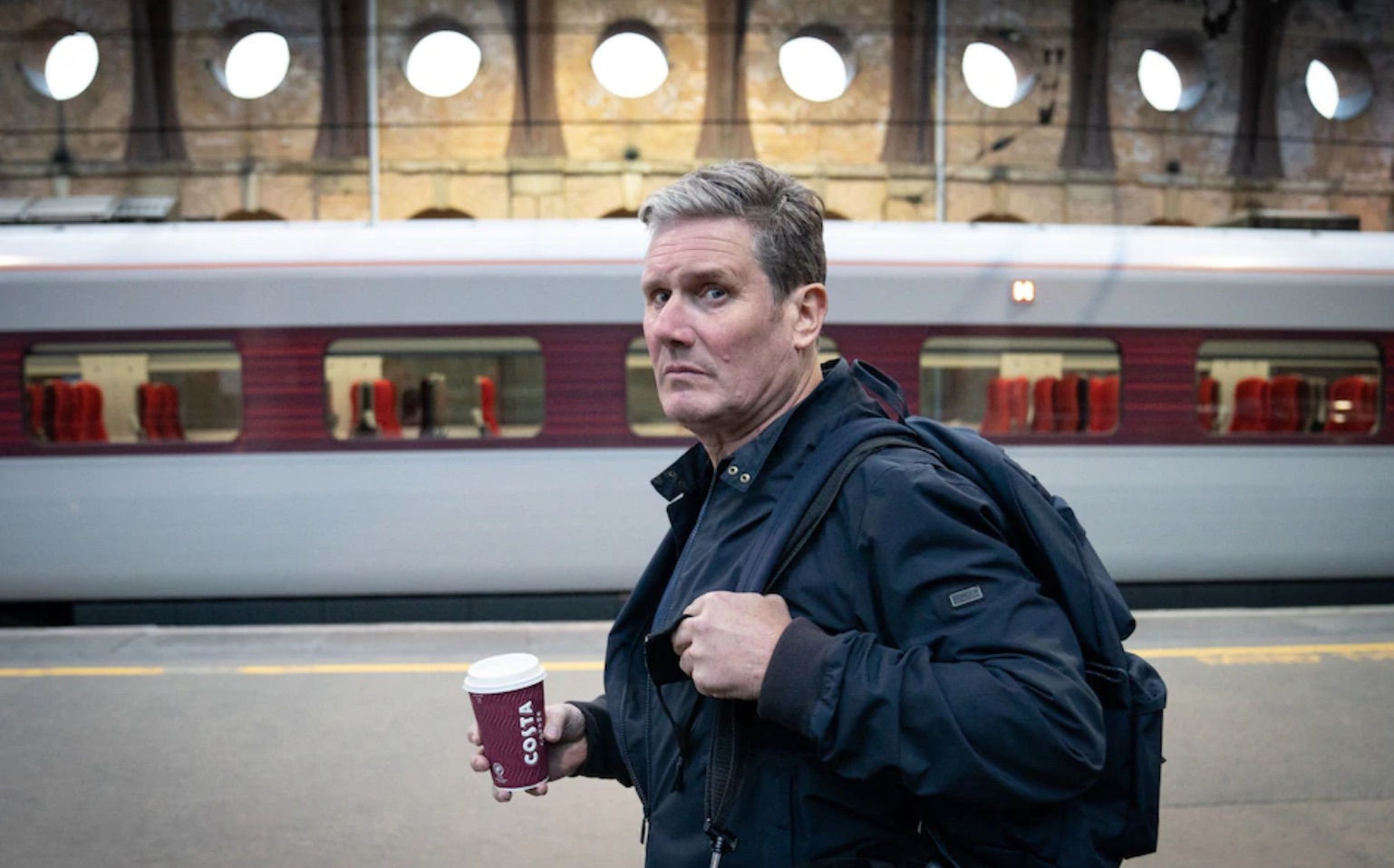The railway question has been bothering British leaders for well over a century. Clement Attlee’s nationalisation effort came into force in 1948, but the trains had been under de facto state control during both World Wars, and the 1921 Railways Act — though retaining the principle of private ownership — represented a level of government interference that would have been unthinkable just a decade earlier. Almost the entire national network was put under the control of a few huge concerns, the so-called Big Four. Even before 1914, there had been growing concerns about the sustainability of the Victorian-Edwardian status quo, with 150 separate companies operating throughout the country and a good deal of redundancy, inefficiency, and duplication.
In the Nineties came privatisation, of a sort, and there has been incessant tinkering over the intervening quarter of a century. Now it’s all change again, with Labour committing to a phased re-nationalisation in today’s King’s Speech.
Having once been a firm supporter of nationalised railways, I am now more agnostic. Supporters of state ownership tend to emphasise that the railways constitute a public service which promotes good health and social cohesion, and that affordable, reliable train travel is a vital tool against pollution and congestion. They note, rightly, that in most countries even nominally private train operators receive various forms of open or hidden subsidy, and that many shares in British railway companies are held by foreign state-owned firms.
Sceptics of nationalisation note that state ownership does not seem to guarantee good service or amicable industrial relations — the previously much-admired German railways have been plagued by delays and strikes in recent years — and that it tends to make levels of investment heavily dependent on political priorities rather than operational need. Certainly, this was a significant problem for British Rail during its half-century of operation. Critics also note that large proportions of the population barely use trains at all from one year to the next, and that the move to remote working has permanently reduced demand for commuting — traditionally the rail companies’ most lucrative market.
The arguments will run and run. Quite possibly, Great British Railways will be broken up again in a few decades’ time. In the meantime, however, when it comes to the rail network there is a broader and perhaps even more important issue than mere ownership, in this case the obstacles to getting new infrastructure built. The interminable barriers placed in the way of HS2 by the British vetocracy are well-documented, and they are symbolic of the difficulties faced by any organisation — public or private — that wants to get things done.
It doesn’t really matter who owns the railway companies if it’s almost impossible to build new lines, or new stations, or new depots, because every planning application takes multiple years and costs millions of pounds. If the UK continues to have some of the highest commercial energy costs in the world, then any rail company will struggle to operate effectively, whether or not the man in Whitehall knows best. I was once told by someone in a position to know that one of the main causes of HS2 cost overruns and delays is a severe shortage of qualified project managers, and a reluctance to learn lessons from countries which have built substantial high-speed networks at low cost.
To be fair to our new prime minister, the Starmer government has made some encouraging noises about infrastructure development, especially in the neglected M62 corridor. Perhaps Labour understands that with a broad but shallow mandate from the electorate, the party will have to deliver fast. But the scale of the infrastructure challenge is vast.











Join the discussion
Join like minded readers that support our journalism by becoming a paid subscriber
To join the discussion in the comments, become a paid subscriber.
Join like minded readers that support our journalism, read unlimited articles and enjoy other subscriber-only benefits.
Subscribe